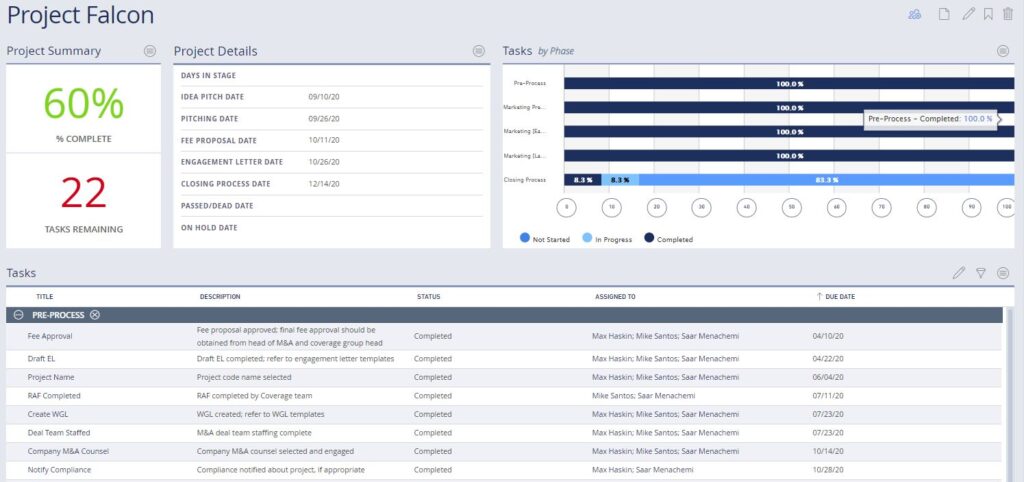The cost of doing business in the capital markets isn’t cheap, and while some costs are inevitable, there are ways to manage your firm’s overall spending. The implementation of a CRM or single-source technology system is one way to greatly cut costs across all areas of your business.
1. Investor relations CRM reduces the cost of transactional due diligence
Before you can make a deal, you need to make sure that every aspect of your upcoming transaction is checked and accounted for. When all of your data is in one place doing the proper due diligence is easier and more efficient. You and your team can go to one place to find all the information and data that needs to be reviewed before your deal can go through, and with a CRM system you can do it in half the time with double the accuracy.

2. CRM reduces the cost of targeting new clients
With a CRM system in place your customer service can improve dramatically. Through studying all client data, you can anticipate your client’s needs, and that makes for a happier client. Happier clients are more likely to recommend your services to new clients. Also, CRM and single-source technology analytics can help you create targeted marketing campaigns to attract the client base you are most likely to represent.
3. CRM reduces paper costs
As everything is stored electronically, in an organized fashion, there is less of a need to store paper files. By filtering all your data on a CRM platform, it is all present and accounted for in one electronic space so you can cut down on the amount of paper products you use and buy. This is both fiscally and environmentally efficient.
4. CRM reduces workplace inefficiencies
Time is money, and a lot of time can be taken up when you are trying to prioritize and organize a work schedule. This can be an even more complicated and arduous task when your data is stored in different places, and time has to be spent on first pulling and organizing all the information before you can even begin a task. An investor relations CRM system reduces the inefficiency of balancing work tasks by providing an organized overview of all your data. This type of organizational tool streamlines the work process allowing for more efficiency in the workplace.

5. CRM reduces the cost of human error
The financial cost of human error adds up. When information is stored in different files and folders, and data is hard to easily find and analyze, the chance of error skyrockets. A CRM system places all your data in one easily accessible space where your data is organized and streamlined, and, therefore conducive to efficient work without error.
To learn more about DealCloud’s single-source technology platform, and to reduce costs at your organization, get in touch with our team today.
This article was co-written and researched by Aryanna Garber.
